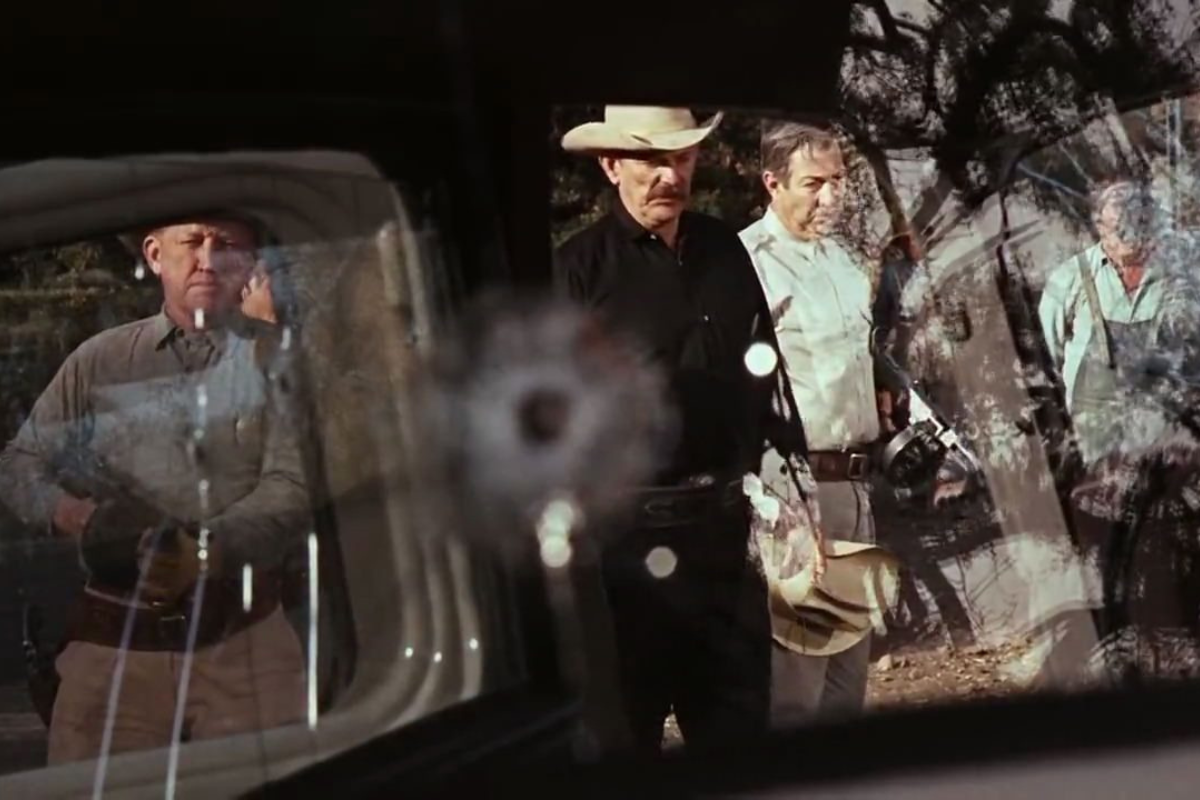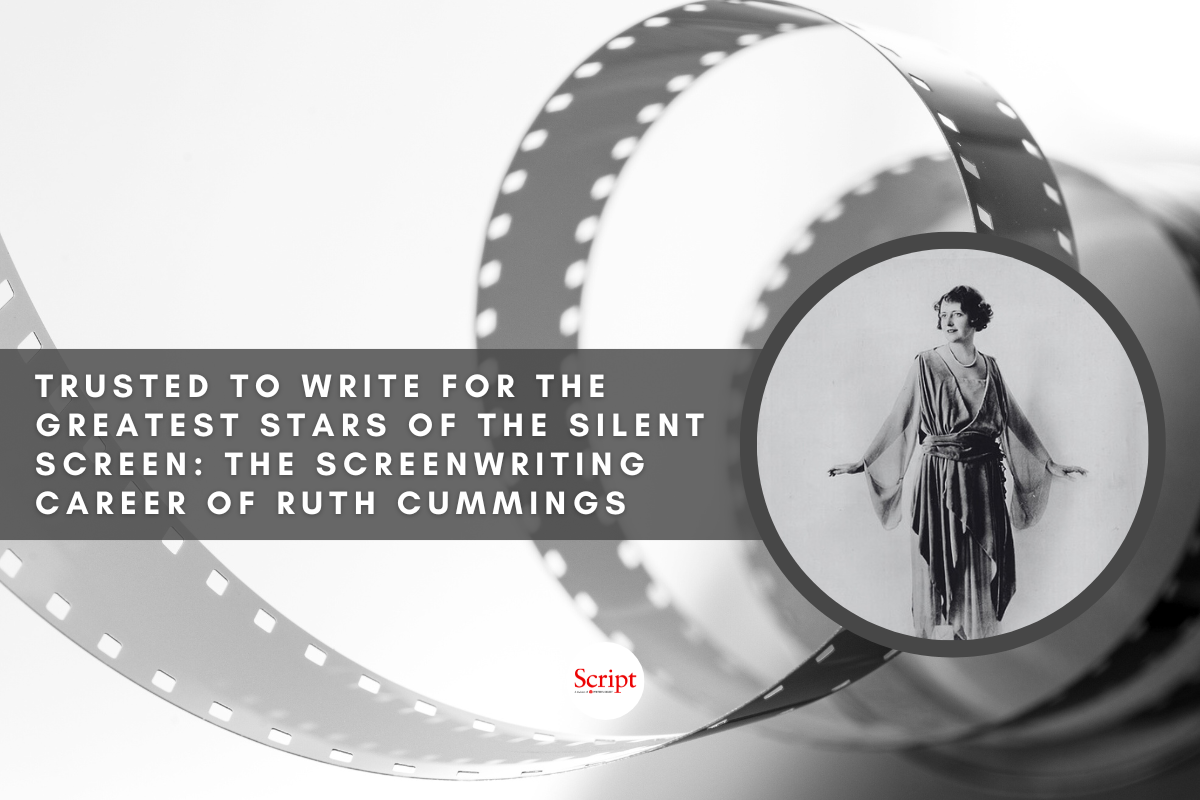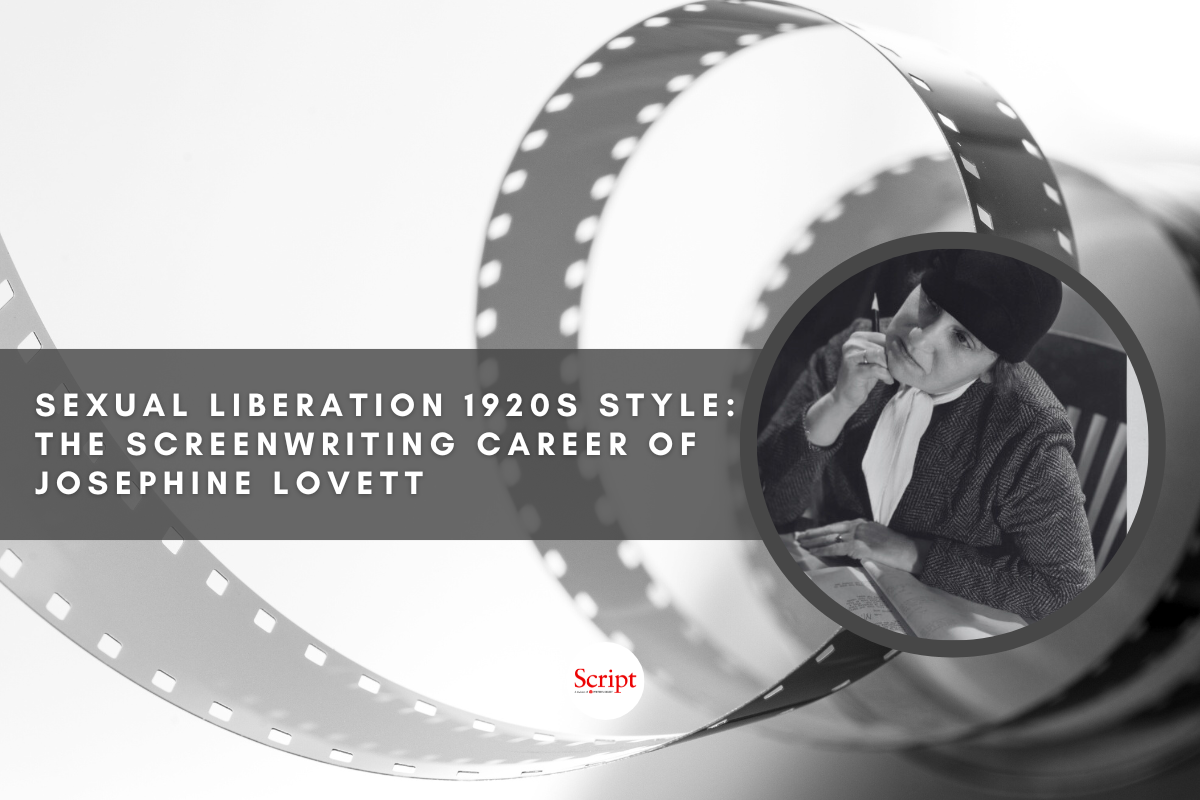Between Broadway and Hollywood: The Screenwriting Career of Ketty Frings
Dr. Rosanne Welch celebrates the female screenwriters who came before us with this month’s spotlight on the trailblazing playwright, award-winning screenwriter, and Pulitzer prize winning writer, Ketty Frings.
Frances and Albert Hackett weren’t the only screenwriters to earn themselves a Pulitzer Prize for Drama (for their play The Diary of Anne Frank). In 1958 Ketty Frings earned her Pulitzer, given for the original American play dealing with American life which represents the educational value and power of the stage, for Look Homeward, Angel. Based on Thomas Wolfe's 1929 novel of the same name, his story focused on the father in the family. Frings adapted the love story set in and among the goings on in a family boarding house, with a focus on the female characters.
Born in Columbus, Ohio in 1909 as Katherine Hartley, Frings began her writing career in advertising and journalism after attending college in Illinois, at a time when it was a rarity for young women to move away to college. Frings segued into radio plays using a pseudonym, perhaps because such work was not considered serious. She married a Hollywood agent in 1938 and changed her name to Ketty Frings. They would have two children before divorcing in 1958.
Films came calling when Paramount Pictures purchased her short story, Memo to a Movie Producer. The adaptation, renamed Hold Back the Dawn (1941) earned nominations for six Oscars, including Best Picture.
Silent screen star Lillian Gish (also from Ohio) headlined Frings first Broadway play, Mr. Sycamore in 1942. The fantasy story dealt with a mailman in love with a tree along his route. From that point on Frings zig-zagged between work on Broadway and in Hollywood.
Among her original screenplays we find Guest in the House (1944) starring Anne Baxter and Ralph Bellamy, The Accused (1949), and The File on Thelma Jordan (1949) – all of which involved psychology and noir-ish female characters causing trouble in ‘normal’ families and marriages.
Similar themes appear in the novels she chose to adapt into screenplays such as Dark City (1950) and her adaption of William Inge's Pulitzer Prize-winning play, Come Back, Little Sheba (1952). For the latter Frings earned a Writers Guild of America Award nomination for Best Written American Drama. Her focus on the female character, played by Shirley Booth, earned Booth an Academy Award for Best Actress in 1953. By 1958, after the success of Look Homeward, Angel the Los Angeles Times named Frings “Woman of the Year”.
Despite all that acclaim, like all writers, Frings had some failures including turning Look Homeward, Angel into a musical in 1978. While Frances Sternhagen received a Tony Award nomination for Best Leading Actress and Joel Higgins earned a Drama Desk Award for Outstanding Featured Actor in a Musical, the play ran only five performances. The adaptation she made of the film as a television movie in 1972 met with greater success, with an Emmy nomination for Best Director.
Her final credited screenplay, an adaptation of her play, Mr. Sycamore, appeared in 1975 starring Jason Robards, Jean Simmons, and Sandy Dennis. Frings died of cancer on February 11, 1981.
Research for this column comes from the book When Women Wrote Hollywood, edited by Rosanne Welch.
If you’d like to learn more about the women highlighted in this column, and about the art of screenwriting while earning your MFA, our low residency Stephens College MFA in TV and Screenwriting is currently accepting applications.
Learn more about the craft and business of screenwriting and television writing from The Writers Store!
Dr. Rosanne Welch, Executive Director of the Stephens College MFA in TV and Screenwriting, has television credits including Beverly Hills 90210, Picket Fences, ABC News/Nightline and Touched by an Angel. Her award-winning publications include When Women Wrote Hollywood and Women in American History (on the ALA list of 2017’s Best Historical Materials). Welch is Book Reviews editor for Journal of Screenwriting; on the Editorial Boards of Written By magazine and California History Journal and gave a 2016 TEDxCPP talk: “The Importance of Having a Female Voice in the Room”.
Find Dr. Rosanne Welch online: Instagram @drrosannewelch | YouTube DrRosanneWelch | Stephens College MFA Twitter @mfascreenwriter







